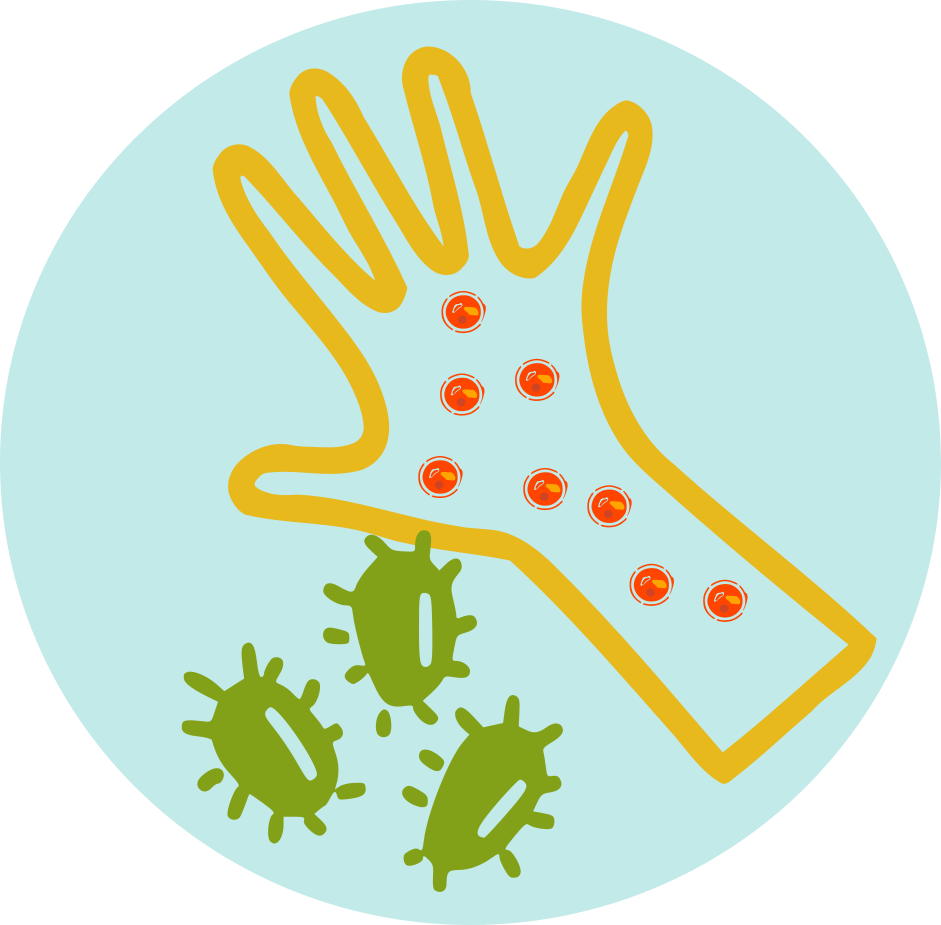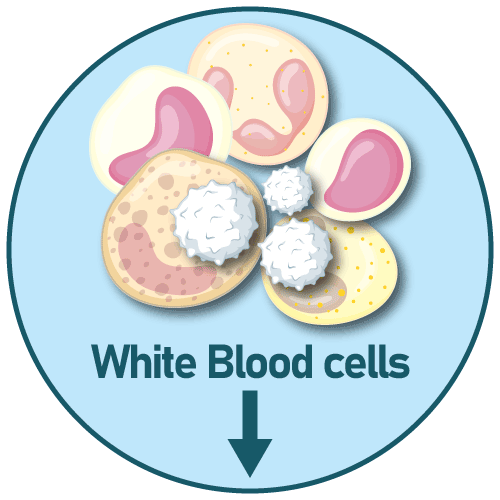| Name | 6-Aminopenicillanic Acid |
| Classes |
Antiinfective Agent Antibiotic Penicillin |
| Diseases |
6-Aminopenicillanic Acid
6-Aminopenicillanic Acid belongs to the class of beta-lactam antibiotics. It is a structural component common to various penicillin antibiotics. The mechanism of action involves the inhibition of bacterial cell wall synthesis by binding to penicillin-binding proteins, thereby disrupting bacterial cell wall integrity. This leads to cell lysis and ultimately the death of susceptible bacteria.
6-Aminopenicillanic Acid is indicated for the treatment of bacterial infections caused by susceptible microorganisms. It may be used in various infections, including respiratory tract infections, skin and soft tissue infections, urinary tract infections, and other conditions where bacterial pathogens are susceptible to its antibacterial activity.
- Dosage may vary based on the specific infection, severity, and patient age.
- The recommended dosage is determined by the healthcare provider based on the type and severity of the infection. Typically administered orally or through injection.
Adverse reactions associated with 6-APA include-
- Hypersensitivity reactions (e.g., rash, itching, anaphylaxis)
- Gastrointestinal disturbances (e.g., nausea, vomiting, diarrhea)
- Superinfections (e.g., fungal or bacterial overgrowth)
- Hematologic effects (e.g., leukopenia, thrombocytopenia)
- Neurological effects (e.g., seizures in high doses)
- Hypersensitivity: Monitor patients for signs of hypersensitivity reactions, especially those with a history of penicillin allergy. Discontinue use if an allergic reaction occurs and initiate appropriate medical therapy.
- Clostridium difficile-associated Diarrhea (CDAD): Consider CDAD in patients presenting with diarrhea after antibiotic use. Discontinue treatment if CDAD is suspected or confirmed and initiate appropriate therapy.
- Superinfections: Prolonged use may result in overgrowth of nonsusceptible organisms, including fungi. Monitor patients for superinfections and institute appropriate therapy if necessary.
- Hematologic Effects: Monitor complete blood counts regularly, especially in patients with pre-existing hematologic conditions or those on prolonged treatment.
- Neurological Effects: Use with caution in patients with a history of seizures or central nervous system disorders. Seizures have been reported in patients treated with high doses of beta-lactam antibiotics.
Contraindication
6-Aminopenicillanic Acid is contraindicated in individuals with Hypersensitivity to penicillins or beta-lactam antibiotics such as-
None known.
Previous severe hypersensitivity reactions, such as anaphylaxis, to 6-aminopenicillanic acid or related compounds.
 Bangla
Bangla English
English





